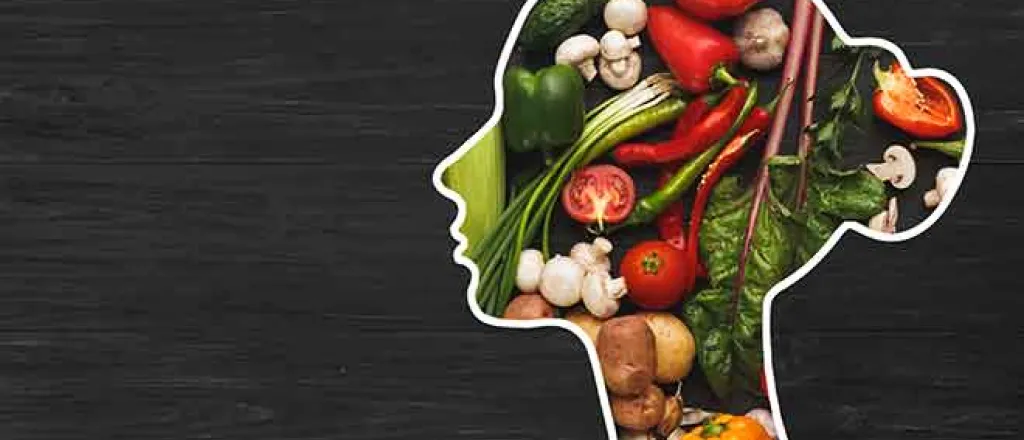
Dear Dietitian – Tips for overcoming confusing nutrition information
Dear Dietitian,
I have been educating myself on healthy nutrition. There is a lot of conflicting information on the internet, and sometimes it’s downright frustrating! Can you help steer me in the right direction?
Jim
Dear Jim,
I share your frustration in regards to nutrition information. The internet has brought nutrition information to our fingertips, but at least half of it is false or misleading. Rest assured, the truth is out there, and in many cases, it’s free!
We will look at some of the reasons behind the nutrition confusion. First, the science of nutrition is in its infancy. It began less than one hundred years ago when the first vitamin, thiamine (B1), was isolated. There remains much to discover in nutrition, especially in disease prevention.
Nutrition is a good story, and media outlets rush to report a nutrition study. Who can blame them? It’s part of their job. However, these studies are often misreported, misunderstood, or simply not good science. Remember, there will never be one study that changes everything we believe about nutrition.
Another confounding factor is nutrition quackery. We live in a “Let the buyer beware” society, and many capitalize on pseudoscience. It can be easy to fall prey to something that promises a quick and easy result. Beware of snake oil.
There are ways to protect yourself from nutrition misinformation. Be an informed consumer. If it sounds too good to be true, it probably is. For example, if a supplement promises to speed your metabolism and melt fat away, don’t waste your time or money.
Get your information from reputable sources, such as universities or healthcare institutions. These web addresses will end in .org (non-profit), .gov (government agency) or .edu (an educational institution) (1). Not only do these websites provide sound nutrition information, they accurately report the latest results of research. Examples include The American Heart Association, The Academy of Nutrition and Dietetics, the Mayo Clinic, and Harvard Health Publishing.
Seek a qualified expert when pursuing nutrition information. This is someone who has studied the science of nutrition and has earned at least a Bachelor’s Degree in the field. Look for credentials after the author’s name, such as RDN, registered dietitian nutritionist. There are other qualified nutrition professionals, and that information should be listed in the author’s biography.
Finally, consider the source. Scientifically-based information should be referenced with cited sources. If the information is questionable, ask a nutrition expert. We often receive such inquiries in the hospital setting. Don’t hesitate to ask; people like to help.
Until next time, be healthy!
Dear Dietitian
References
- Bellows, L. and Moore, R. (Sept 2013). Nutrition Misinformation: How to Identify Fraud and Misleading Claims – 9.350. Retrieved from https://extension.colostate.edu/topic-areas/nutrition-food-safety-health/nutrition-misinformation-how-to-identify-fraud-and-misleading-claims-9-350/

















